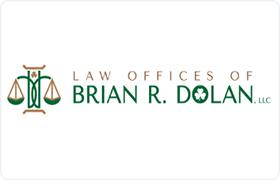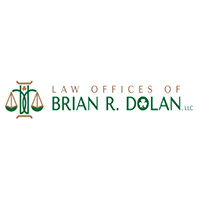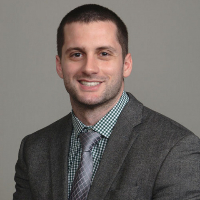Techny Wills & Probate Lawyer, Illinois
Sponsored Law Firm
-
 x
x

Click For More Info:
-
Law Offices of Brian R. Dolan, LLC
5 Revere Drive Suite 200 Northbrook, IL 60062» view mapEstate Law Your House Call Lawyer
I am available to meet with you at any time to prepare you each step of the way. I take great pride in providing these services and easing your transitions through life.
800-569-0101
Includes: Estate Administration, Living Wills, Wills
Matthew Livingston
Estate, Real Estate, Business Organization, Wills & Probate, Guardianships & Conservatorships
Matthew Livingston is a member of the Illinois Bar Association, the Chicago Bar Association, and the Illinois Real Estate Lawyers Association. Knowled... (more)
Melanie B. Hoffman
Estate Administration, Estate Planning, Guardianships & Conservatorships
Status: In Good Standing
Betsy Kadus
Wills & Probate, Government Agencies, Elder Law, Estate Planning
Status: In Good Standing
FREE CONSULTATION
CONTACTRobert Wertheimer
Business & Trade, Estate Planning, Wills & Probate, Elder Law
Status: In Good Standing Licensed: 53 Years
Eric G. Matlin
Government Agencies, Wills & Probate, Family Law, Business Organization
Status: In Good Standing Licensed: 47 Years
Ellen Gill
Estate Planning, Transactions, Wills & Probate, Dispute Resolution
Status: In Good Standing Licensed: 40 Years
Brian Waldron
Estate Planning, Corporate, Transactions, Wills & Probate
Status: In Good Standing Licensed: 52 Years
Jennifer Cunningham Beeler
Family Law, Divorce, Estate Planning, Wills, Guardianships & Conservatorships
Status: In Good Standing Licensed: 19 Years
James Wochner
Wills & Probate, Estate Planning, Business & Trade, Business
Status: In Good Standing Licensed: 53 Years
 Brian R. Dolan Northbrook, IL
Brian R. Dolan Northbrook, IL Practice AreasExpertise
Practice AreasExpertise

